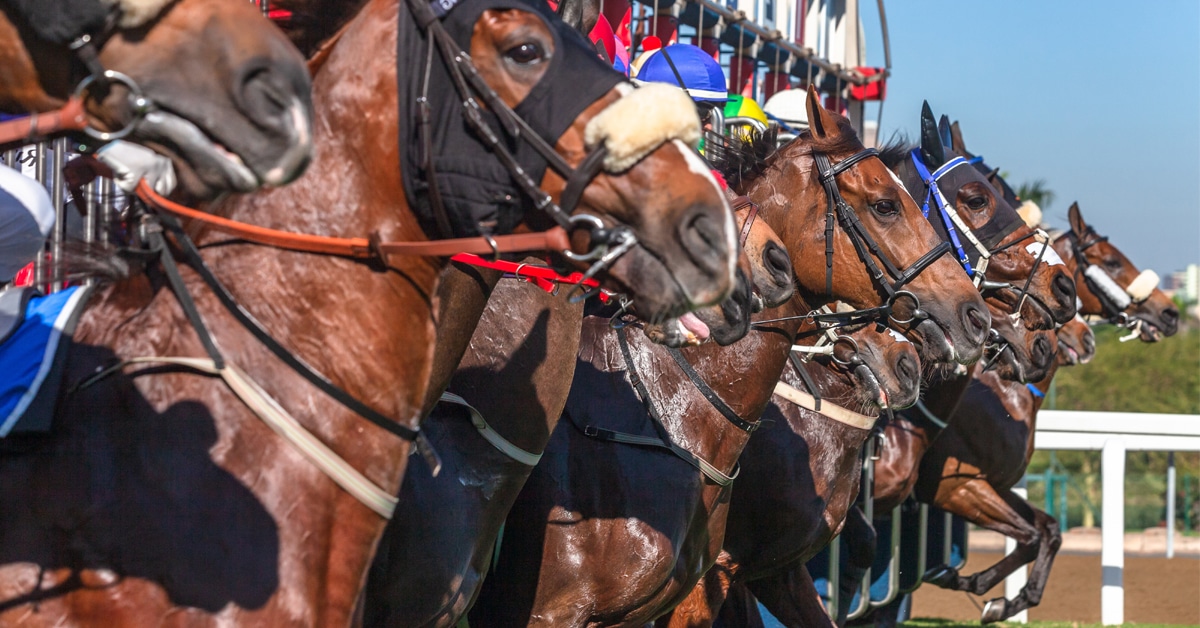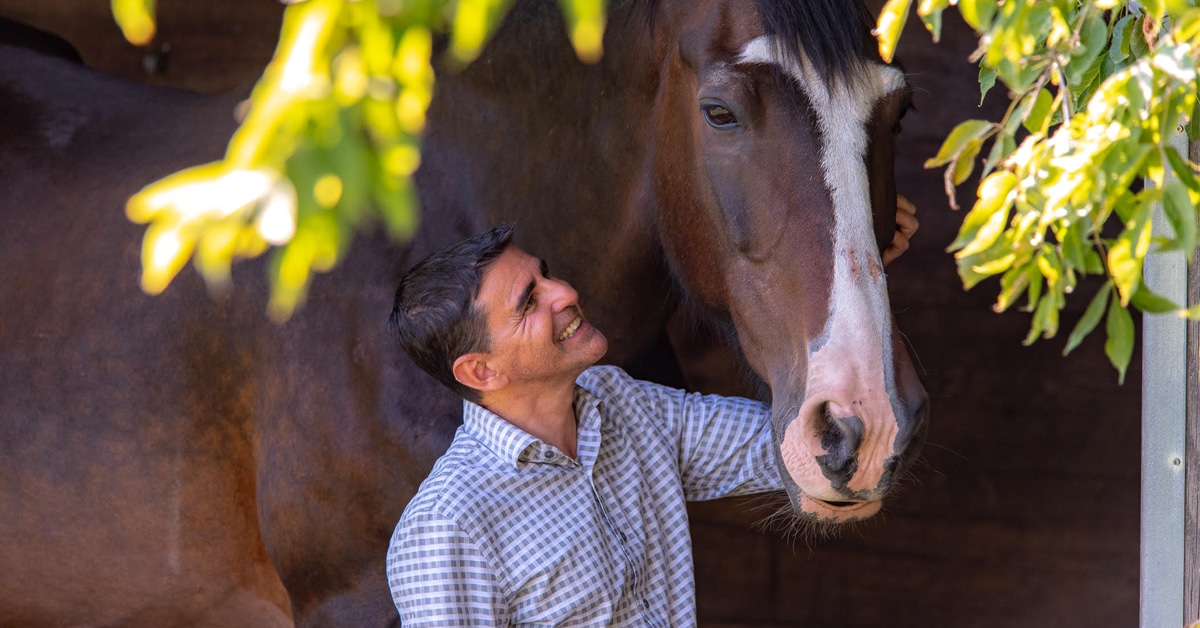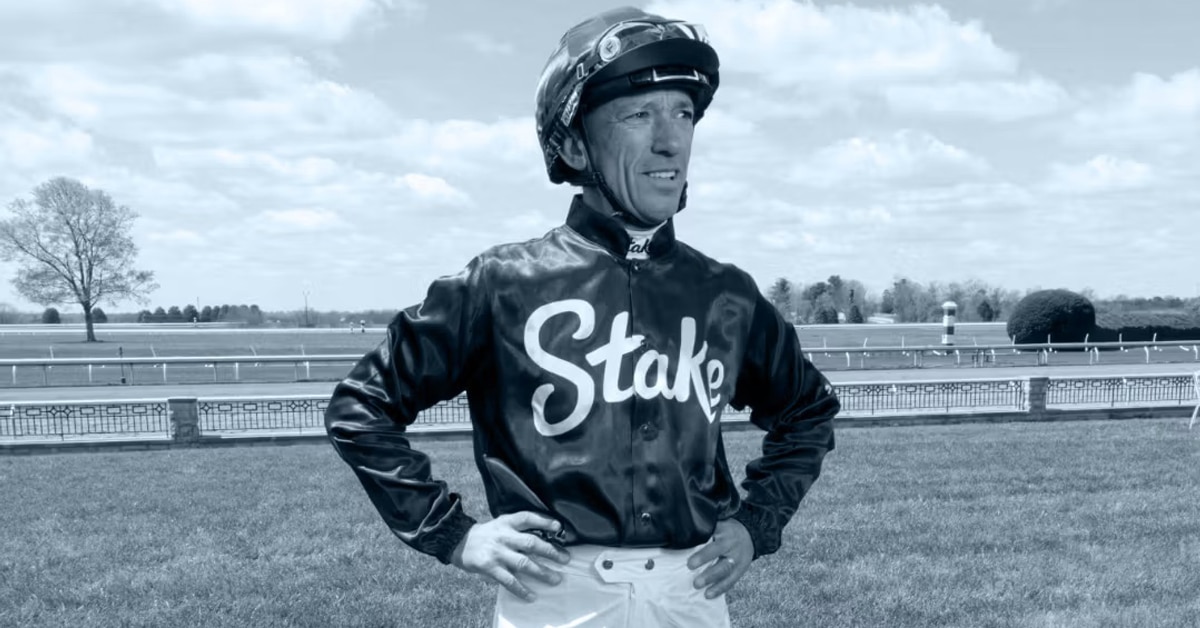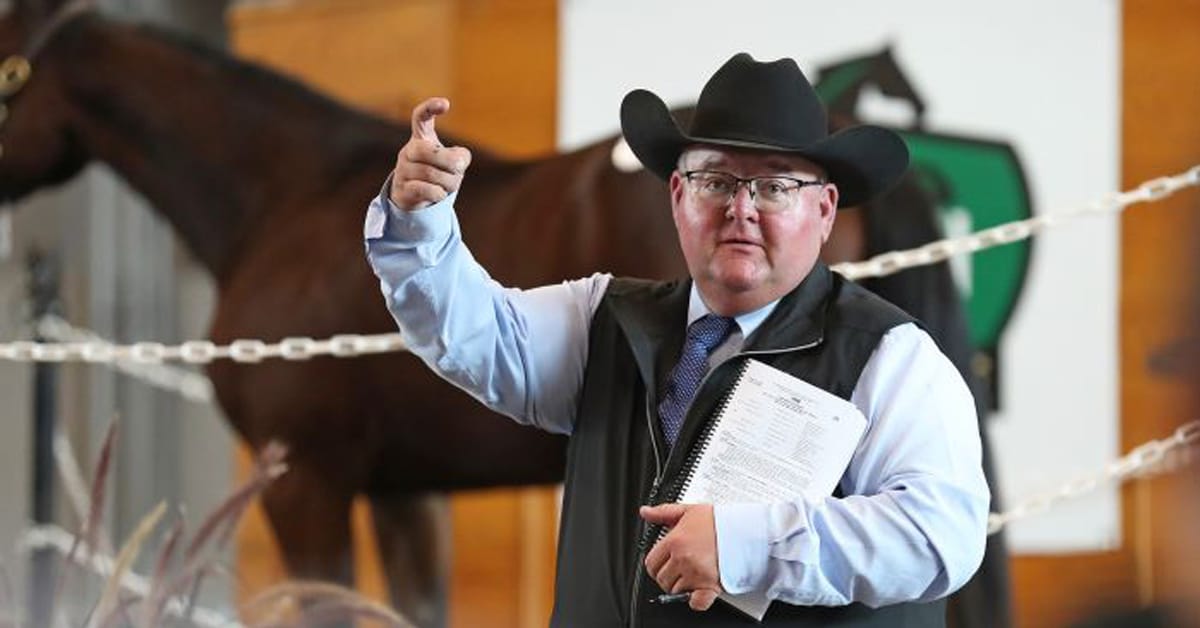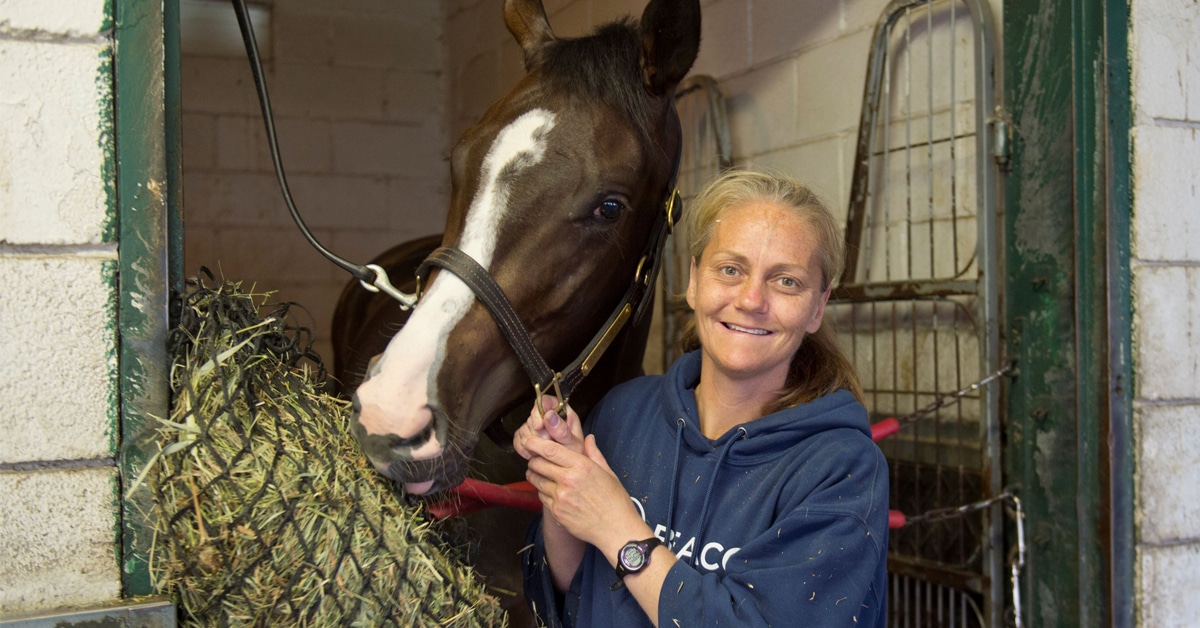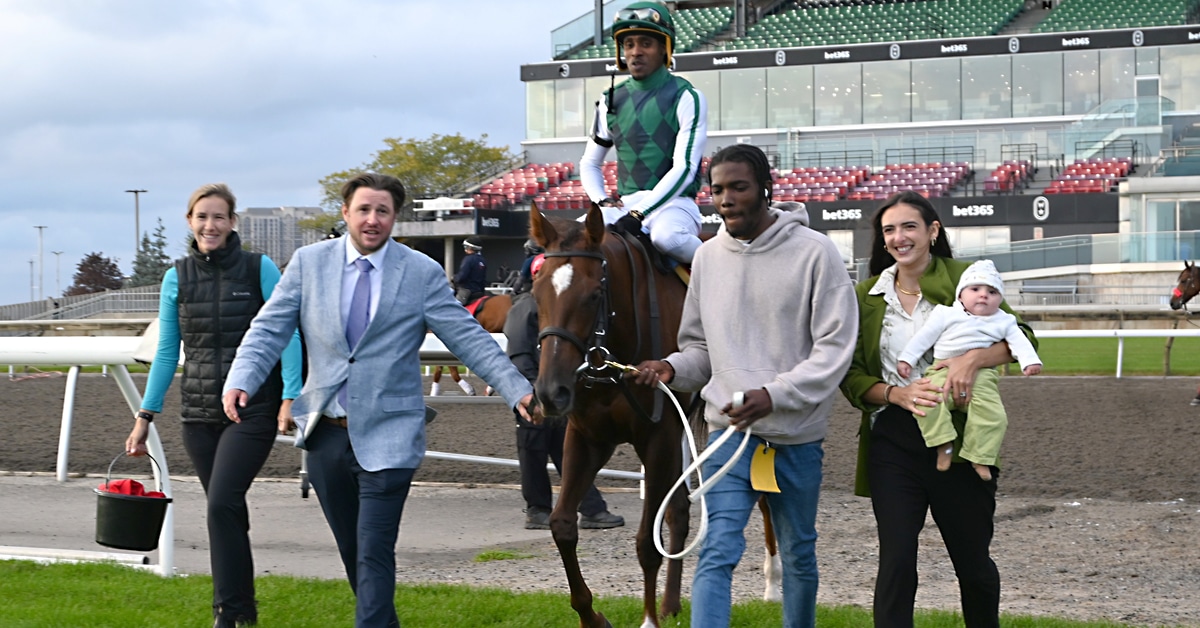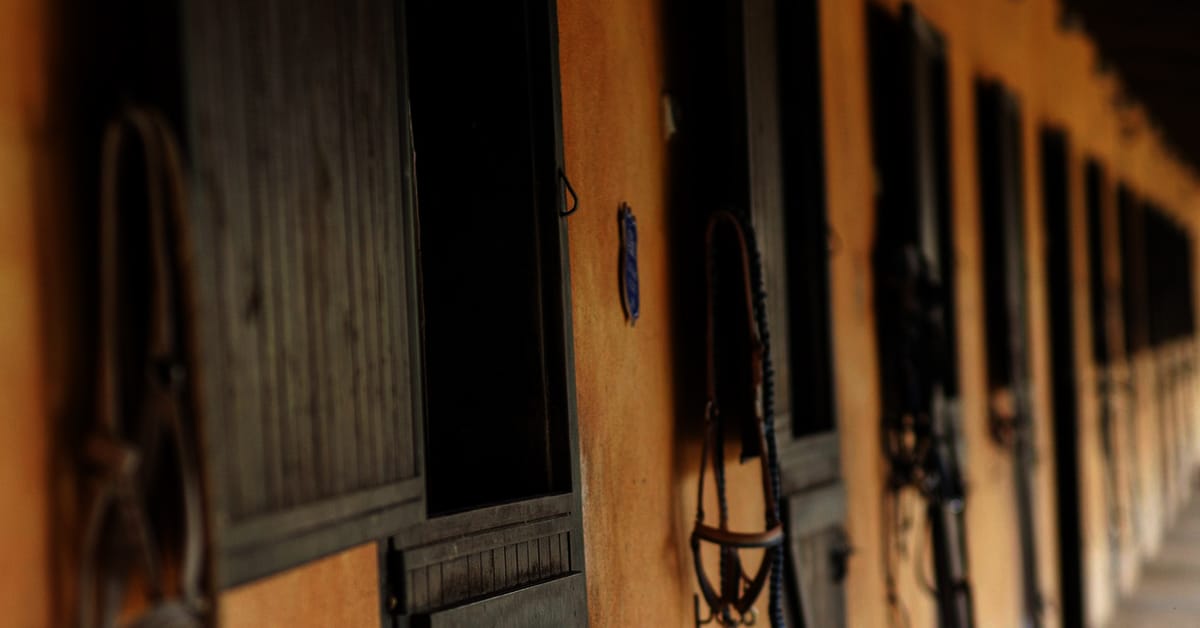Eleven-time Sovereign Award winning trainer Mark Casse, a Canadian Horse Racing Hall of Fame inductee, has parlayed his impeccable record in Canada to the biggest races on the world stage. Casse won his first American classic races in 2019 when War of Will captured the Preakness Stakes (Grade 1) and Sir Winston took the Belmont Stakes (Grade 1). He has also trained five Breeders’ Cup winners and is not long from being inducted into the National Museum and Hall of Fame at Saratoga Springs.
As one of Canadian racing’s biggest fans, Casse has arguably been one of the influential horsepeople for Woodbine racetrack, consistently racing and preparing some of the biggest equine names in the sport at the Toronto track while bringing in leading owners from North America to race in Canada.
What are the most critical challenges facing the industry in Canada today?
“The horse population is the biggest challenge. I’m going to upset some people here, but I don’t think the Ontario sired program is working. The problem is, and it’s not just in Ontario, but when you produce a product it needs to be able to compete outside of the program. And I don’t see enough of that happening.
“I have bought some great horses out of the CTHS (Ontario) sale — Dynamic Sky, Dixie Strike, Kaigun — they won over a million dollars. But they were by bigger name sires, such as Sky Mesa. Those sires are what attracted people like myself to come and buy them.”
What needs to change about the industry in the next 5-10 years?
“I commend Woodbine for trying new things. The incentives for getting people to buy mares and bring them to Canada is good. I see a lot of things while racing in so many jurisdictions and Woodbine is right up there with trying to improve its industry. I think the biggest thing Woodbine did was add the grass course and the one thing they have going for them is the training facilities and the tracks.
“I mentioned a few years ago that perhaps it would be a good idea to use the Ontario-sired money to buy stallions by good sires. You can go out and buy Grade 1 and Grade 2 winners for not a lot of money. Then when you go to sell the yearlings people will come from all over to buy them. That would in turn help the broodmare population and boosts the sales.”
How can you help affect that change?
“We will continue to bring young horses to Woodbine to race them there. We plan to bring even more in 2020 and some of those horses have gone on to win classic races and Breeders’ Cup races.
“Some people may not like the synthetic track, but I look at my charts every day and I see what is safer and it’s not even close, it’s the synthetic. It’s a great place to develop horses and I wouldn’t be where I am without Woodbine.”
Where do you see the thoroughbred industry in Canada in 10 years?
“I think if (the breeding program) continues the path it is on, I think things could be bleak. When the government took away the revenue from the slots program (2013) I thought (the industry) should have gone after (the government) harder to get more money. It’s not about giving individuals more, it’s about improving the product. I love horse racing, it’s dear to me. I have my son Norman in it and I can see my youngest son Colby being involved. I want to help the industry improve.”
The Latest
